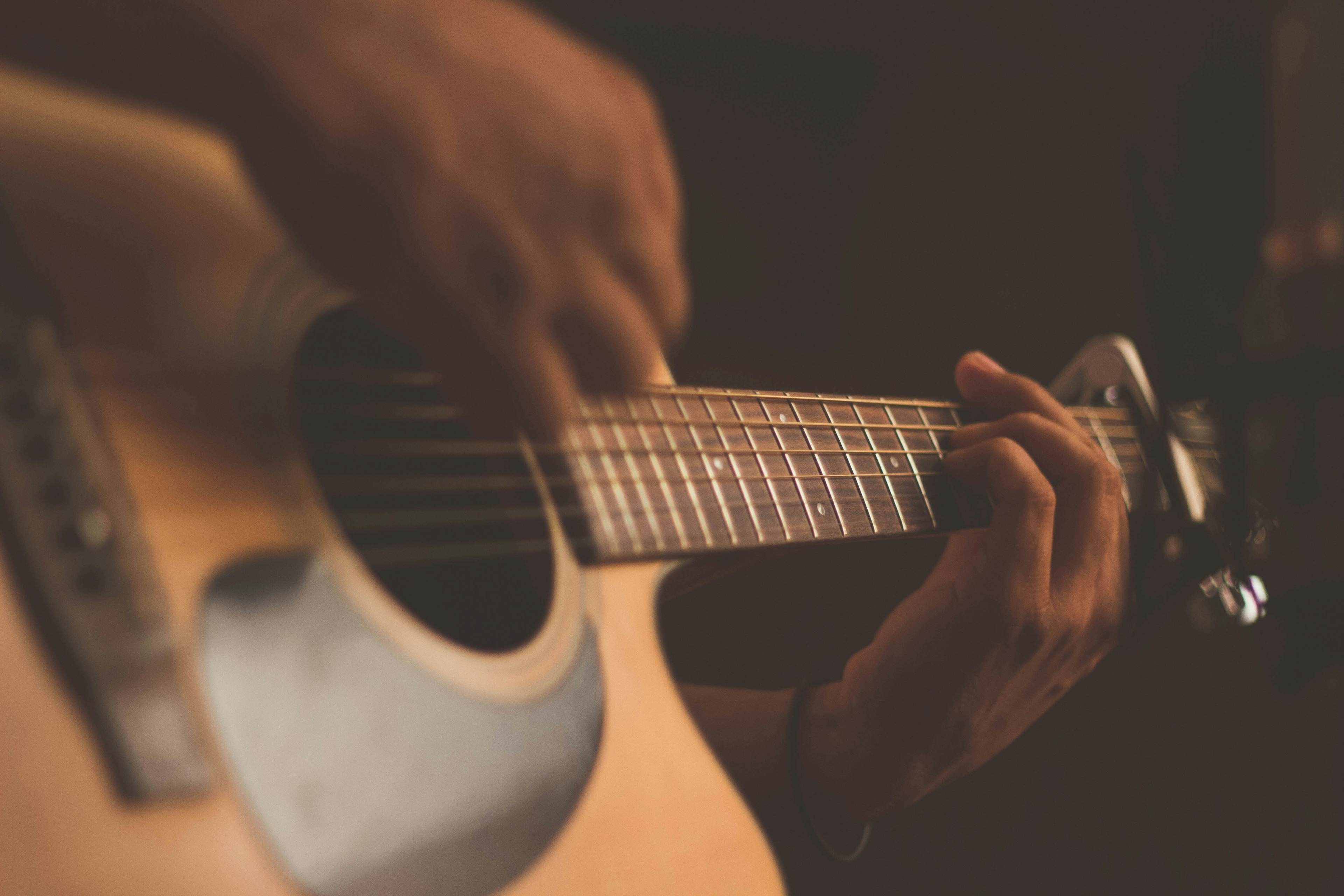There's a surprising new craze in Algeria: K-pop

93% said they use Korean words and expressions in their “discourse.” Image: REUTERS/Mike Blake

Get involved with our crowdsourced digital platform to deliver impact at scale
Stay up to date:
Middle East and North Africa
South Korea has become the surprise soft-power mecca of the 21st century. American music and movies still make loads of money worldwide, but they seem increasingly passé and predictable. It is instead K-pop and Korean dramas that are providing the world with fresh sounds and storylines, catapulting the Korean boy band BTS atop the 2018 Time 100 reader poll.
In fact, Korean cultural exports are getting so popular that they are creating an interest in the Korean language in the most unlikely places. The hallyu, or “Korean Wave,” has crashed into Arabic- and Berber-speaking Algeria, where K-pop fans have started incorporating Korean words into their everyday speech.
Last year, a study (pdf) surveyed members of an Algerian K-pop Facebook group, which claims over 20,000 hallyu devotees. The study, published in the journal Sino-US English Teaching last October, asked fans about their views on Korean language and culture. Of those who responded, 95% said they preferred Korean entertainment to that of other countries; 97% said they wanted to learn Korean; and 93% said they use Korean words and expressions in their “discourse.”
These respondents attested to using dozens of Korean terms in their daily exchanges—usually with fellow fans who would understand the vocabulary, but also “unconsciously” with people who might not. Here’s the list of words these Algerians said they used, collected by the study’s authors:
Aegyo: Cute gestures with kind of baby talk that show innocence
Ahjumma: A honorific nickname for a woman who is at a mother age
Ahjusshi: A honorific nickname for a man who is at a father age
Aigoo: An utterance to show annoyance or frustration
Aiish: A meaningless utterance to show disappointment or bad reaction to something
Ajaaja: When a person wants to support themselves or others, they say “ajaaja!” Appa: Means dad
Andwae: Informal way of saying “it won’t happen!” or “impossible!”
Ani/Anyo: Informal way of saying “no” or “not at all” (as a reply to thanks)
Annyeong: Informal “hi”
Babo: Means “stupid” or “goofy”
Bogoshipeo: Informal “I miss you” (with no subject)
Cheongmal: “For real”
Chingu: Means “friend”
Daebak: A word that expresses impression with someone/something or reaction to a great victory
Dang-yeonhaji: Informal “of course”
Dongseang: Younger brother/sister
Eodi: Informal “where”
Eonni: A girl calls her older sister/friend “eonni”
Hajima: Informal “do not”
Hal-abeoji: Means grandfather
Hul: An utterance that expresses dissatisfaction or awkwardness
Hwaiting: Korean equivalent to “fighting” that is said to show support for oneself or for others (usually comes after “ajaaja!”)
Jebal: Means “please”
Jaljayo: Means “sleep well”
Jalgayo: Literally means “go well” that signifies to “good bye”
Jogeum: Means a little bit of something
Jigeum: Means “now”
Komawo: Informal “thank you” (no subject)
Kaja: Informal “let’s go”
Krae: Means “right” or “yeah”
Kul: Means “honey” and is used to express agreement on a deal or a suggestion
Magnae: The youngest member in a family or in a group
Miahnae: Informal “sorry”
Molla: Informal “I do not know”
Michyeosseo: Means “are you crazy?” (no subject)
Nae: In/formal “yes”
Nan: Means “me”
Omma: Means mom
Omo: Korean equivalent to OMG (Oh My God)
Oppa: If a girl calls a boy “oppa”, he is either her older brother or her boyfriend or her close friend.
Ppalli: Means “quickly” or “be fast!”
Saeng-ilchugha: Informal “happy birthday”
Saranghae: Means “I love you” (no subject)
Sasaeng: Once a fan is called “sasaeng”, it means they are dangerous as they invade stars’ privacy. Sasaengs are too obsessed that they are known for their ability to kidnap stars.
Satoori: Rural dialect spoken in South Korean countryside
Shirheo: In Korean, the sounds “s” and “sh” are symbolized with the same letter ( ᄉ). “I do not want to” or “I dislike this” in English equals the word “shireo” in Korean.
Tsundere: A warm-hearted person who acts cold and charismatic from outside
Wae: Informal “why?”
Yagsok: Means “promise”
Yeppuda: Means “beautiful”
Of course, this doesn’t mean that everyone in Algeria is suddenly tossing around words like “yeppuda.” The survey specifically asked the opinions of known Koreaphiles. But if this is happening in a significant way in Algeria—a country with low levels of internet penetration and no historical affinity with Korea—you can be sure hallyu is slowly spreading across the whole planet.
Don't miss any update on this topic
Create a free account and access your personalized content collection with our latest publications and analyses.
License and Republishing
World Economic Forum articles may be republished in accordance with the Creative Commons Attribution-NonCommercial-NoDerivatives 4.0 International Public License, and in accordance with our Terms of Use.
The views expressed in this article are those of the author alone and not the World Economic Forum.
The Agenda Weekly
A weekly update of the most important issues driving the global agenda
You can unsubscribe at any time using the link in our emails. For more details, review our privacy policy.
More on Arts and CultureSee all
Joseph Fowler and Amilcar Vargas
April 18, 2024
Robin Pomeroy and Sophia Akram
April 8, 2024
Faisal Kazim
April 3, 2024
Robin Pomeroy and Linda Lacina
March 28, 2024







